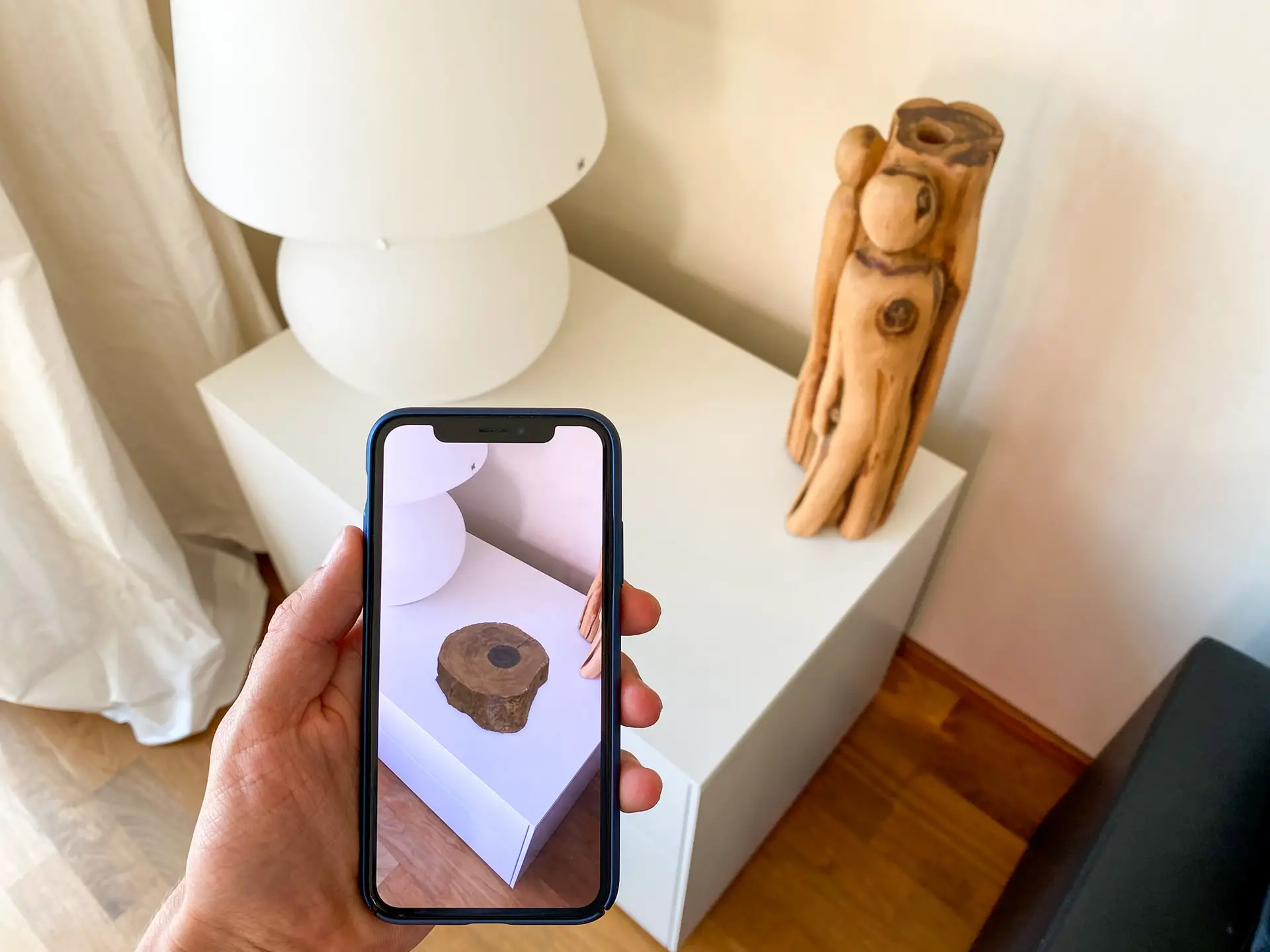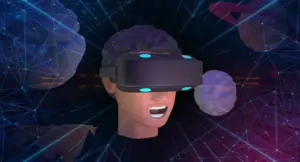The company trying to bridge the gap between the physical and the digital world by codifying 3D models, Physna, has raised a $56 million Series B funding round.
Venture capital firm Tiger Global led the round. GV, the venture capital investment arm of Alphabet Inc. and Sequoia Capital, also participated in the round. With the fresh infusion of funds, Physna’s total funding tally has gone up to $86 million.
The company plans to utilize the funds to grow Physna Enterprise, its deep-learning platform, and Thangs, its free geometric search engine that allows users to search, store, share and collaborate on 2.5 million 3D models. “We’re going to mainly be using the funding to expedite product development,” said CEO Paul Powers.
Powers is a 30 Under 30 alum and started Physna in 2016 after receiving a law degree from Heidelberg University. His objective was to build software that could detect theft of intellectual property. “There are already algorithms for plagiarism prevention for things that are text or for images, but that didn’t exist for 3D,” he said.
Physna’s software is comparable to what Powers calls “trinary code.” “It’s a code that allows computing to happen in a three-dimensional realm where computers can understand objects in their natural form without requiring human intervention,” he explained.
Physna’s 3D technology uses advanced algorithms and complex mathematics to enable the users to examine different components of an object and locate other objects that might contain similar ones. Using alternative parts while designing a physical object has many advantages. It can save time and money and also enhances the design and quality control.
Mentioning the examples of Google’s smart eyewear, Google Glass, and Apple AR glasses, Powers believes that the next wave of technology is bound to flow in the immersive direction. “But to be immersive, software has to have geometric and spatial reasoning,” he said.
Physna has also announced a new Instant AR platform, which can enable users to convert 3D models of objects into AR formats. They would also be able to ‘place’ the objects in the real environment using their smartphone cameras. “Augmented reality won’t just be a gaming tool or enterprise tool for specific applications, it’ll be very much augmenting your reality in a very real sense,” Powers added.
Follow us on LinkedIn
Read other Articles





